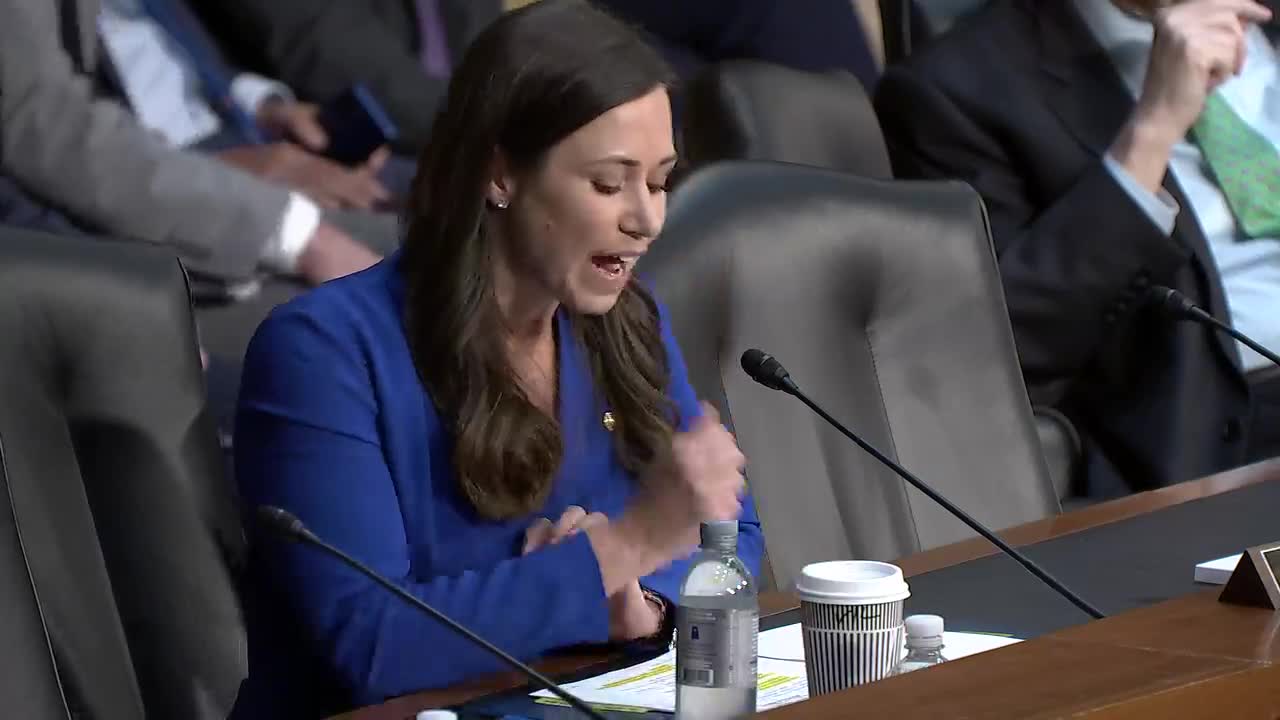Judicial Candidates Define Originalism and Textualism Methodologies in Senate Hearing
July 30, 2025 | Judiciary: Senate Committee, Standing Committees - House & Senate, Congressional Hearings Compilation
This article was created by AI summarizing key points discussed. AI makes mistakes, so for full details and context, please refer to the video of the full meeting. Please report any errors so we can fix them. Report an error »

In a recent nomination hearing held by the U.S. Senate Committee on the Judiciary, discussions centered around the interpretation of the Constitution and the role of the judiciary in protecting religious liberties. The hearing featured two nominees, Mr. Dunlap and Mr. Tung, who articulated their commitment to originalism and textualism as guiding principles for their judicial philosophy.
Originalism and textualism were described as two sides of the same coin, with both approaches emphasizing the importance of understanding the original public meaning of legal texts. Mr. Dunlap explained that judges should interpret laws as a reasonable person would have understood them at the time of their adoption, ensuring that decisions remain grounded in the law rather than personal policy preferences. This perspective aims to prevent judges from becoming policymakers, a concern echoed by Mr. Tung, who reinforced the idea that veering away from these methodologies could lead to subjective interpretations that stray from the text.
The nominees also addressed the significance of legislative history in judicial interpretation. Mr. Dunlap expressed skepticism about relying on subjective statements from individual legislators, such as floor speeches, arguing that they do not meet the objective standards required for judicial decision-making. Instead, he emphasized the importance of adhering to the text itself, which aligns with the principles of originalism and textualism.
Another key topic discussed was the judiciary's role in defending religious liberties. Both nominees affirmed the importance of the First Amendment, which prohibits Congress from establishing a religion or restricting the free exercise of religion. They highlighted the judiciary's responsibility to uphold these freedoms for all Americans, reflecting a commitment to protecting religious rights in their future roles on the bench.
Overall, the hearing underscored the nominees' dedication to a judicial philosophy rooted in originalism and textualism, as well as their commitment to safeguarding religious liberties. As the Senate Committee continues its evaluation, the implications of these discussions will be closely watched, particularly regarding how these philosophies may shape future court decisions.
Originalism and textualism were described as two sides of the same coin, with both approaches emphasizing the importance of understanding the original public meaning of legal texts. Mr. Dunlap explained that judges should interpret laws as a reasonable person would have understood them at the time of their adoption, ensuring that decisions remain grounded in the law rather than personal policy preferences. This perspective aims to prevent judges from becoming policymakers, a concern echoed by Mr. Tung, who reinforced the idea that veering away from these methodologies could lead to subjective interpretations that stray from the text.
The nominees also addressed the significance of legislative history in judicial interpretation. Mr. Dunlap expressed skepticism about relying on subjective statements from individual legislators, such as floor speeches, arguing that they do not meet the objective standards required for judicial decision-making. Instead, he emphasized the importance of adhering to the text itself, which aligns with the principles of originalism and textualism.
Another key topic discussed was the judiciary's role in defending religious liberties. Both nominees affirmed the importance of the First Amendment, which prohibits Congress from establishing a religion or restricting the free exercise of religion. They highlighted the judiciary's responsibility to uphold these freedoms for all Americans, reflecting a commitment to protecting religious rights in their future roles on the bench.
Overall, the hearing underscored the nominees' dedication to a judicial philosophy rooted in originalism and textualism, as well as their commitment to safeguarding religious liberties. As the Senate Committee continues its evaluation, the implications of these discussions will be closely watched, particularly regarding how these philosophies may shape future court decisions.
View full meeting
This article is based on a recent meeting—watch the full video and explore the complete transcript for deeper insights into the discussion.
View full meeting